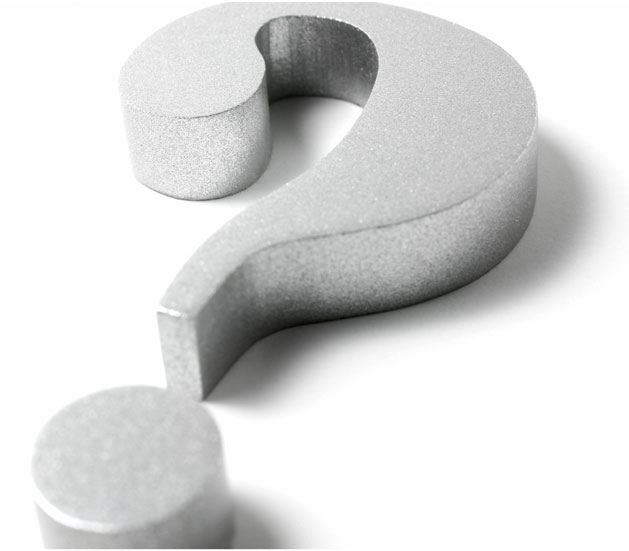
What Is Debt Settlement?
Debt settlement, also known as debt arbitration or debt negotiation, is an approach to debt reduction in which the debtor and the creditor agree on a reduced balance that will be regarded as a payment in full.
Am I Eligible?
A debt relief program is certainly not for everyone. Qualified candidates are those who have a legitimate financial or medical hardship, which has caused them to fall behind on their payments to creditors, or will cause them to fall behind in the near future. Debt Free Counselor will not welcome anyone into the program that has the intentions of defrauding, deceiving, or swindling their creditors. We only represent consumers who are truly in need of our services and are determined to become debt free. For more information you can fill out our Short Application and one of our debt counselors will contact you within minutes, or call us anytime (877) 479-4545.
Should I Include All Of My Debts Into The Program?
You may choose which debts you would like to enroll in the program. Your debt counselor will help you determine the most affordable plan to accommodate your financial situation and get you the relief you need.
What Types Of Debts Can I Enroll?
We can negotiate the following unsecured debts:
- Credit Cards
- Medical Bills
- Unsecured Loans
- Unsecured Personal Loans
- Unsecured Personal Lines Of Credit
- Collections
- Judgments Older Than Two Years
- Autos In Repossession
We cannot enroll secured debts such as:
- Mortgages
- Auto Loans
- Student Loans
- Payday Loans
- Government Loans
- IRS Debt/Taxes
- Judgments Less Than Two Years Old
- Any Secured Debts
Should I Keep Paying My Bills?
Due to your legitimate financial hardship, you are able to participate in this savings program in order to help pay your debts in the future. We are not here to advise you not to pay your bills, however if you continue to make payments, we will not be able to establish a case of legitimate hardship and your creditors will not agree on a settlement. If you are able to save money in this program and make payments to your creditors at the same time, then you most likely don’t have a legitimate financial hardship.
How Is Debt Settlement Different From Bankruptcy?
Bankruptcy is an option that is generally treated as a last resort. It will remain on your credit report from 7-10 years and you can be denied employment, state licenses, insurance, as well as tenancy of an apartment. Most importantly, you will be denied virtually any type of credit with a bankruptcy on your report. In addition, since the bankruptcy laws have changed recently, it is even more difficult to qualify for Chapter 7, the method of liquidating assets to eliminate your debt by receiving a full discharge. You will not be allowed to discharge alimony, child support, taxes, student loans, judgments, or any loan on the bankruptcy petition. Under Chapter 13 bankruptcy, your debt payments are simply restructured, meaning you will still have to pay a percentage of your debts while you suffer the consequences of bankruptcy. Our debt relief program not only helps you avoid bankruptcy, but provides a convenient method to save money to help pay your debts and help you become debt free within 12-36 months.
